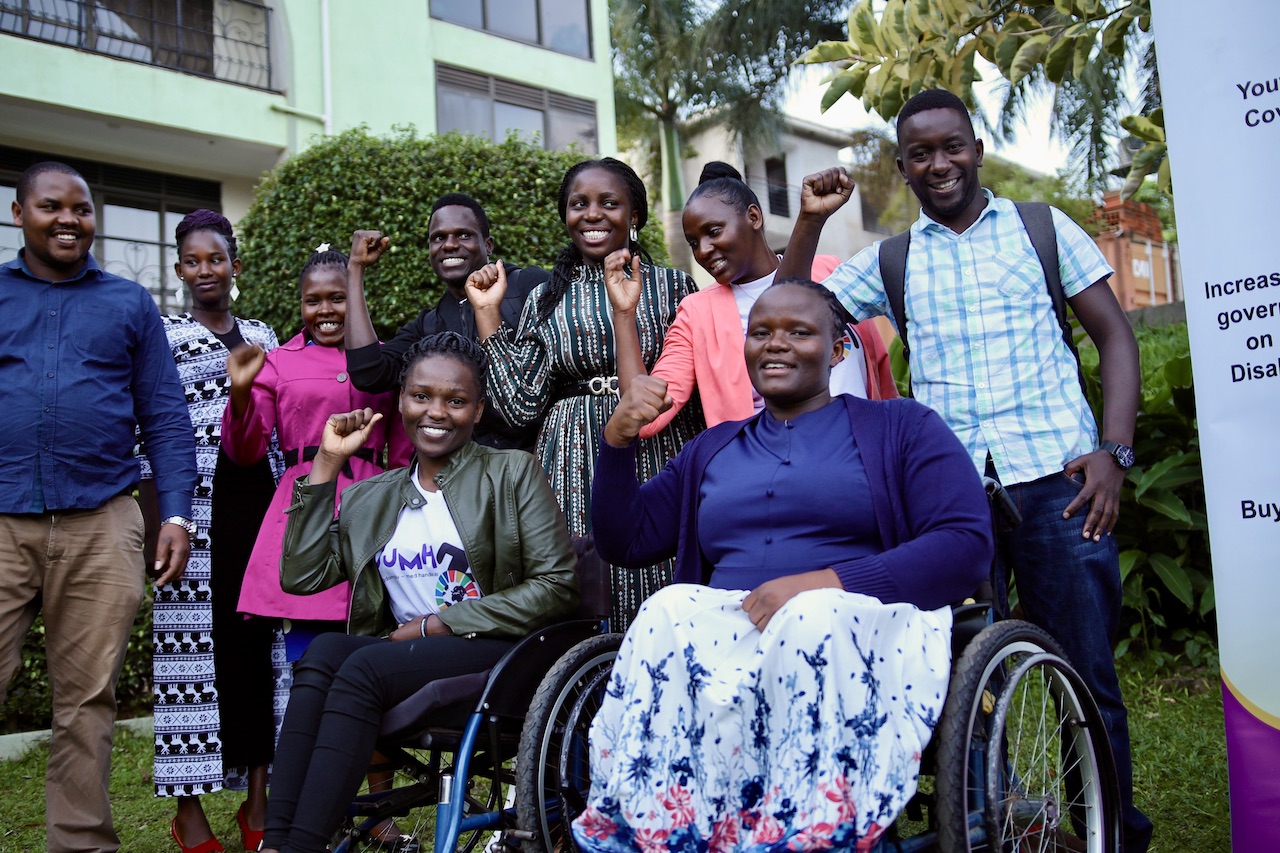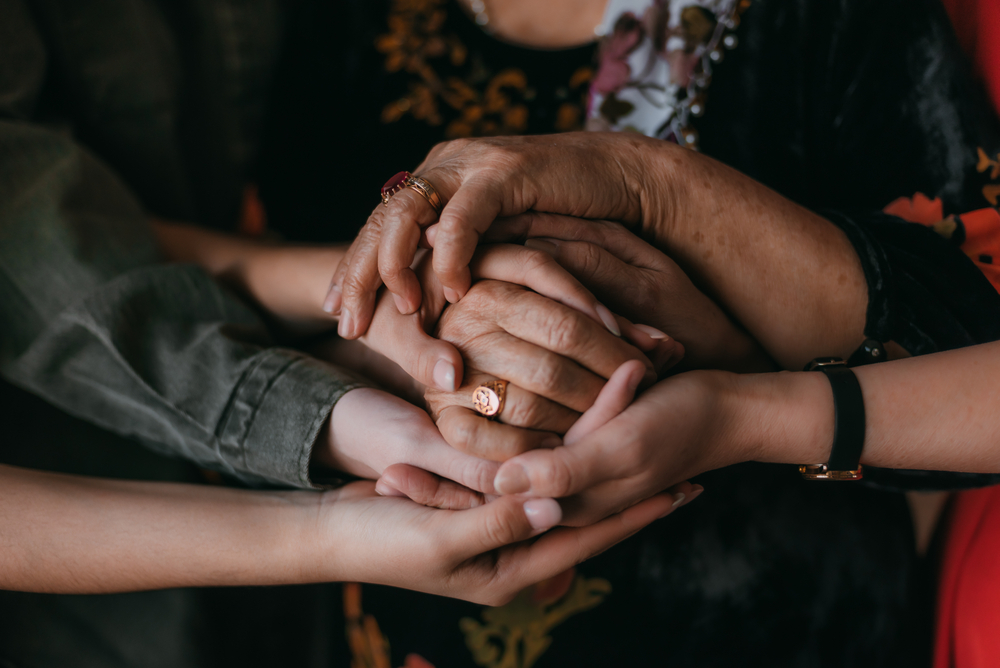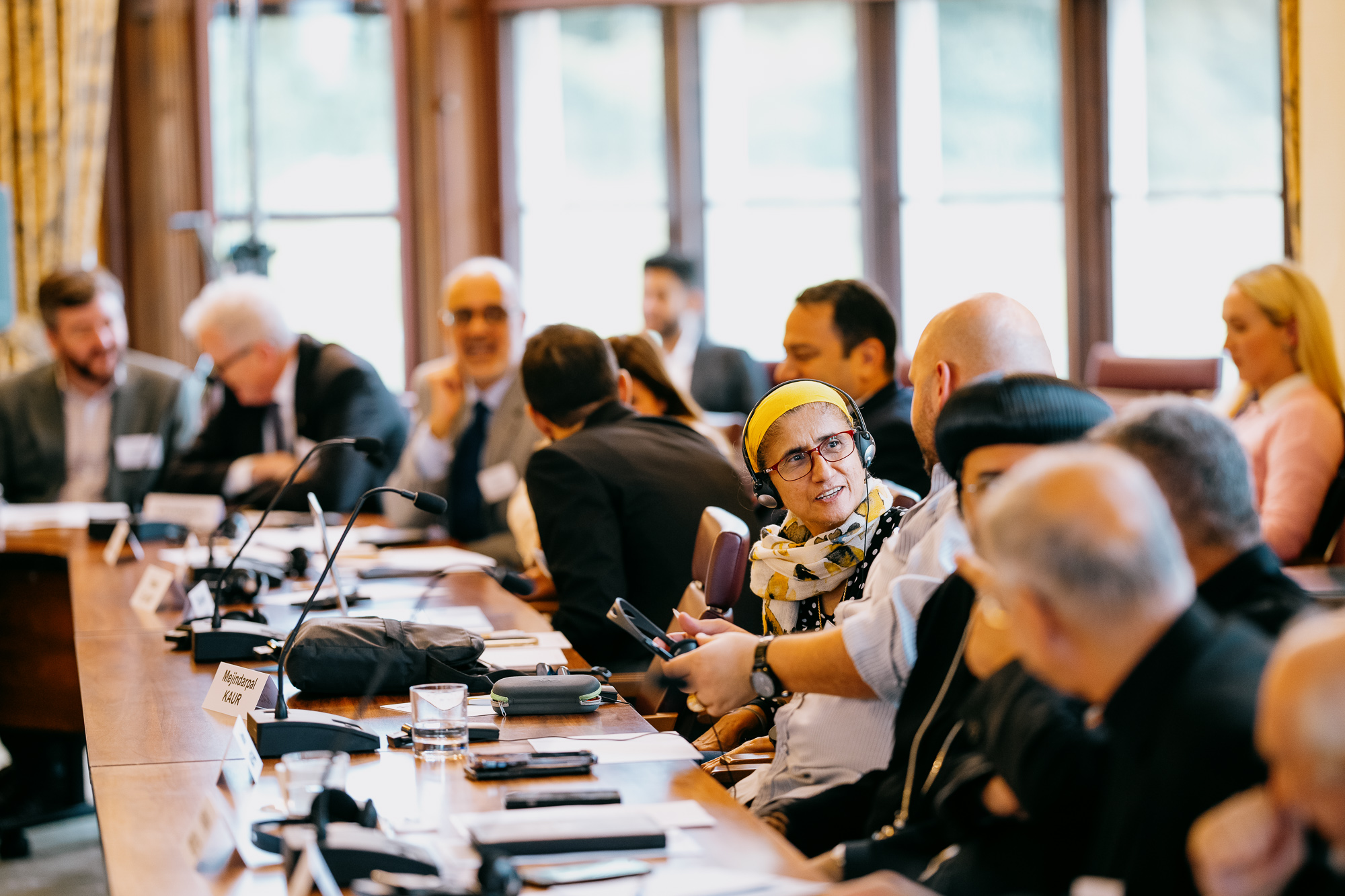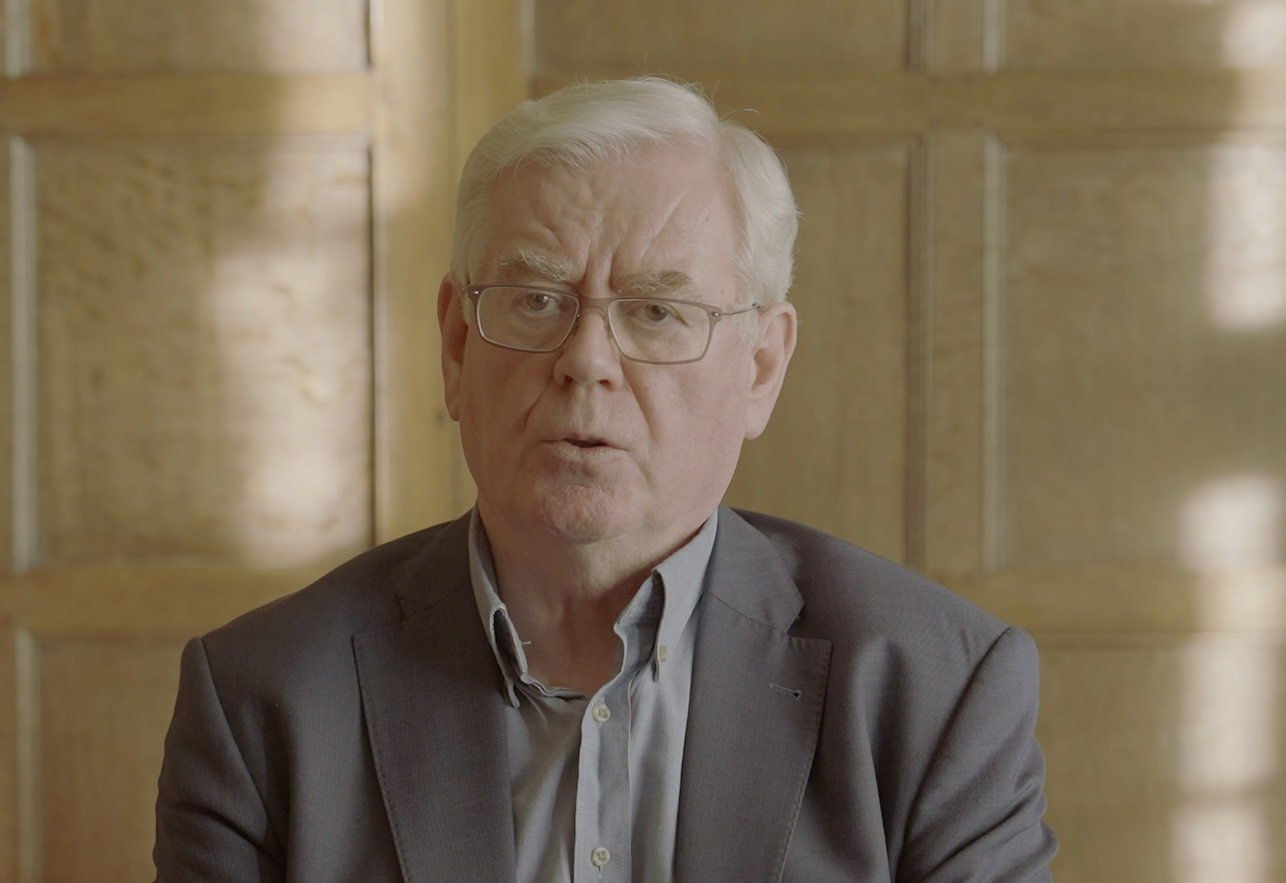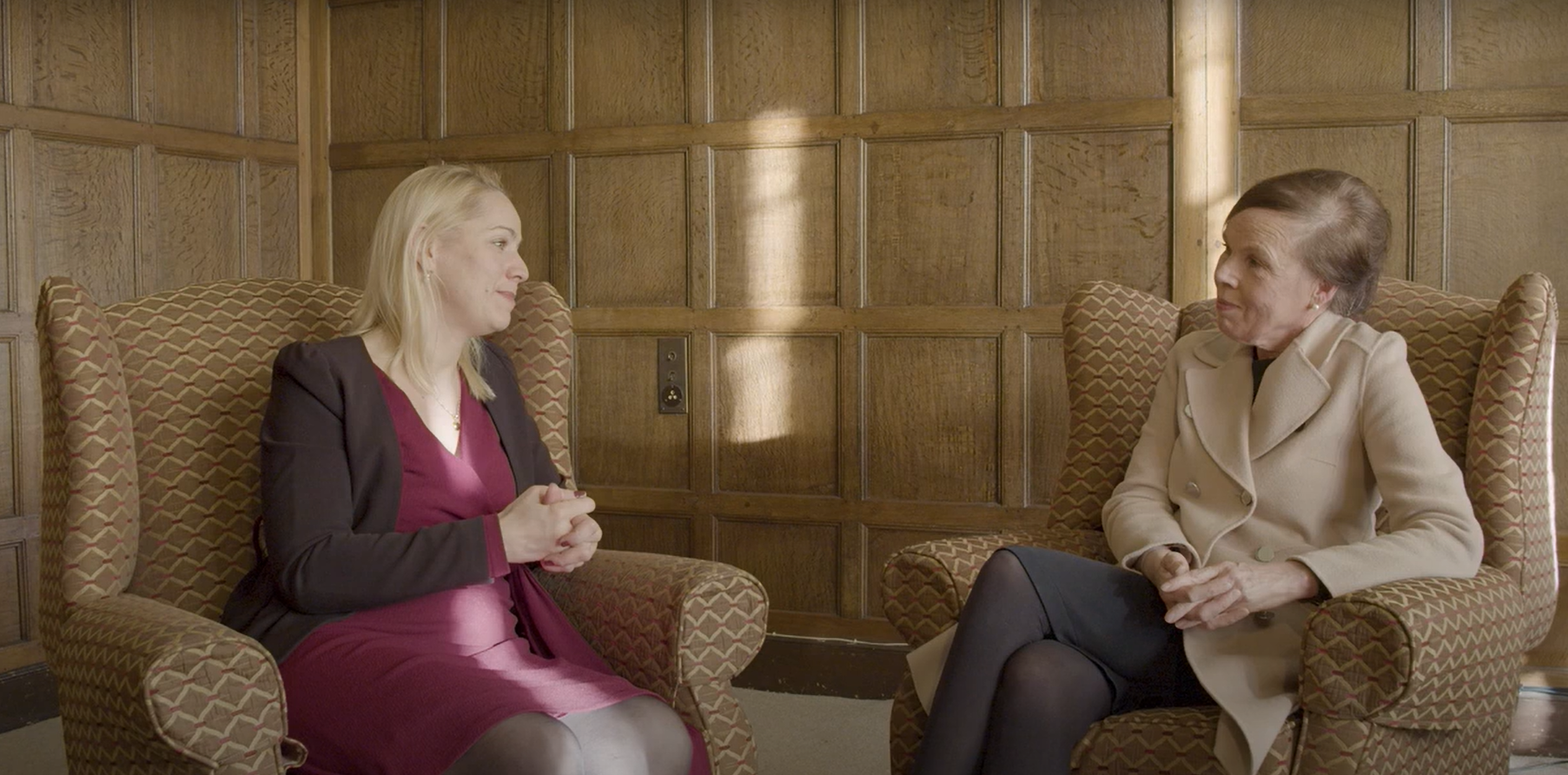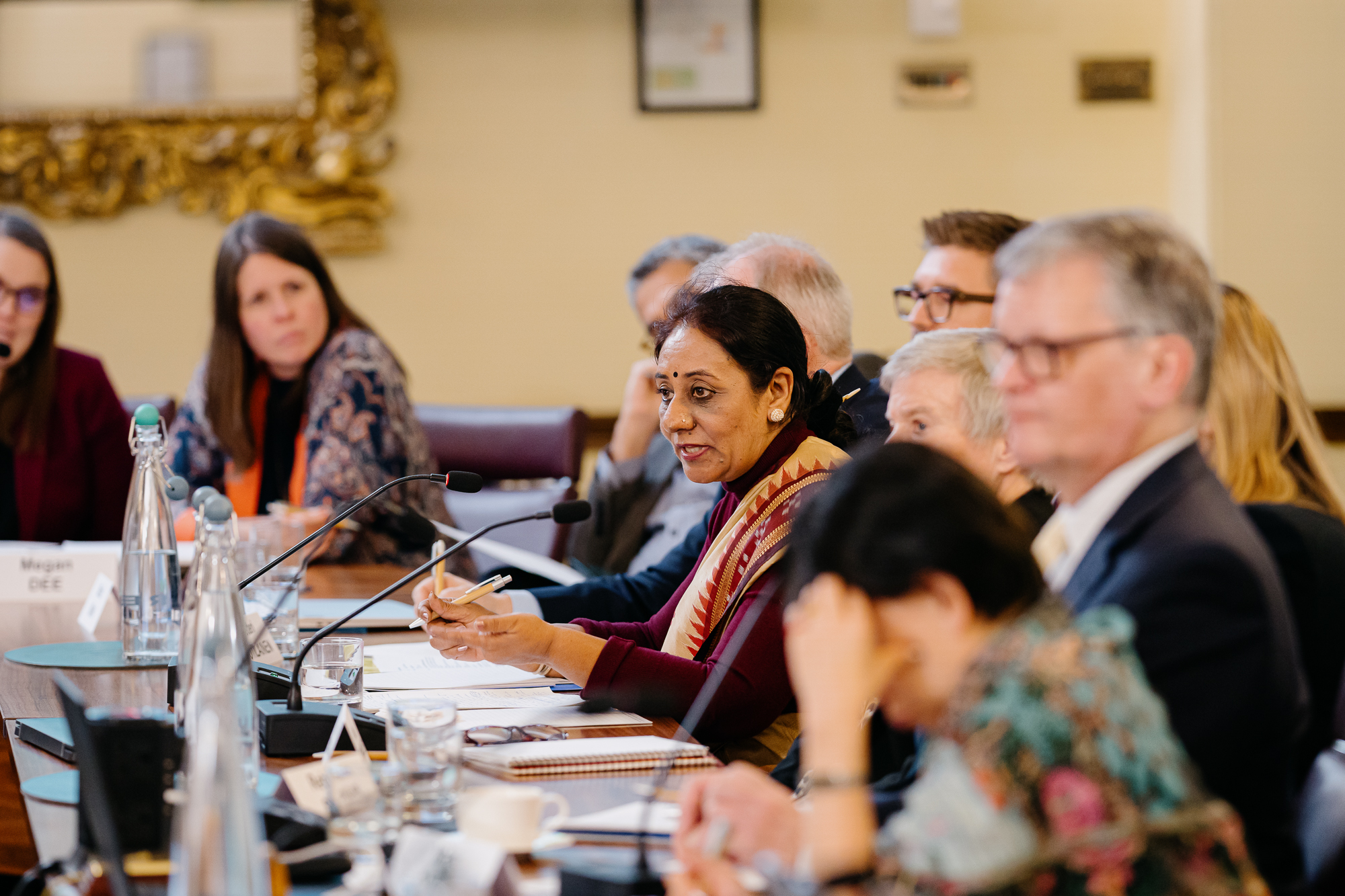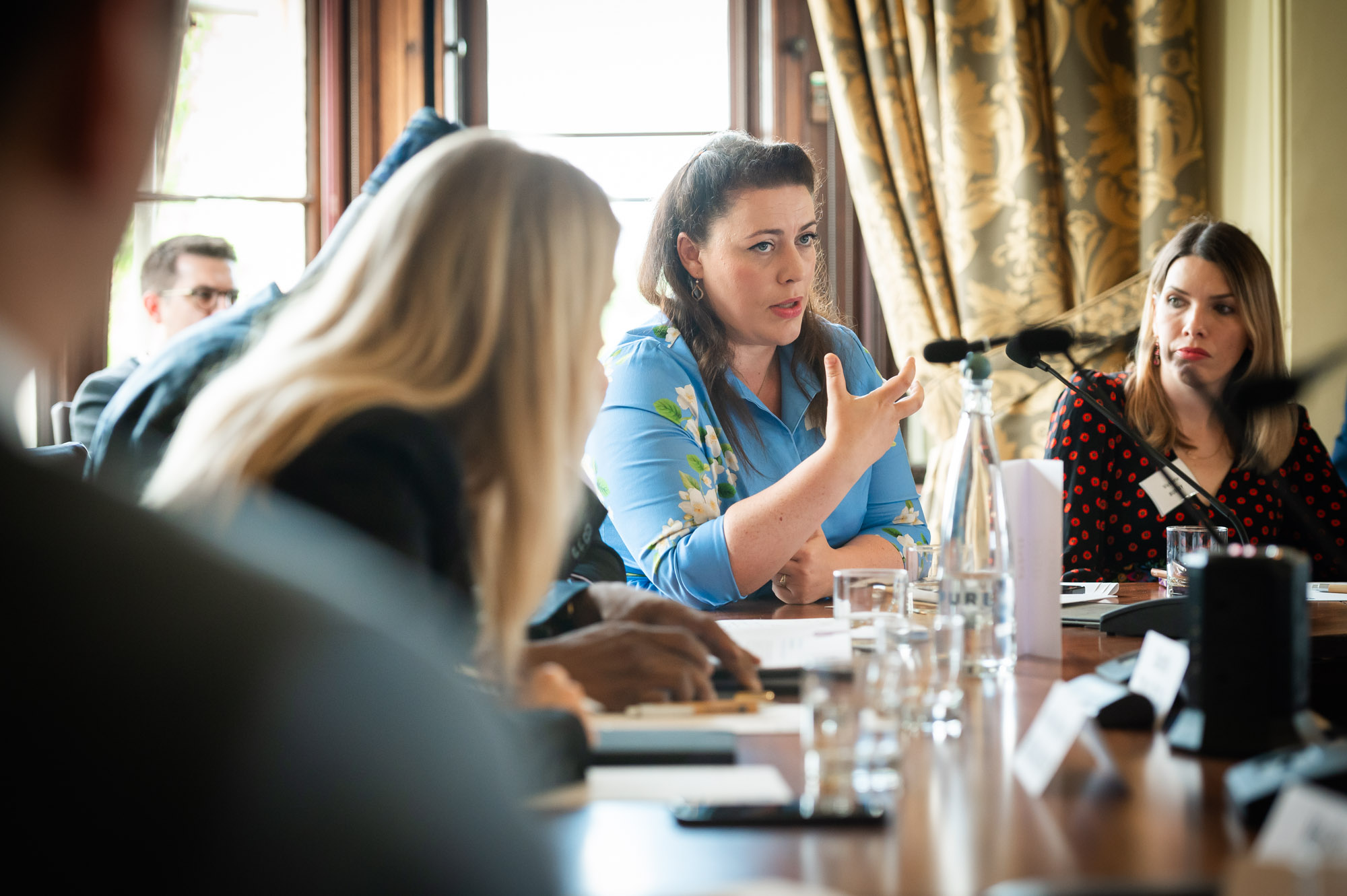In 2015, all governments of the United Nations made an ambitious commitment to eliminate violence against women and girls by 2030 (SDG 5.2). With little over ten years left, the world remains vastly off-track. Global estimates indicate that 35% of women worldwide have experienced physical and/or sexual partner violence or non-partner sexual violence. That is 818 million women, almost the total population of sub-Saharan Africa and almost three times the population of the United States.
This Wilton Park meeting, in partnership with the Department for International Development (DFID) and the Wellspring Philanthropic Fund (WPF), will bring together diverse actors including civil society and policymakers to understand the current evidence on what works to prevent violence against women and girls (VAWG) and to strategise about how to use this knowledge to contribute to achieving SDG 5.2 by 2030. It will focus on intimate partner violence (IPV) and non-partner sexual violence (NPSV).
DFID’s flagship ‘What Works to Prevent Violence’ research and innovation programme, which launched in 2013, has engaged leading international experts to produce rigorous evidence on the most effective interventions to drive down rates of VAWG. The evidence being generated is intended to help DFID, developing country governments and international partners to improve the effectiveness of their efforts to prevent VAWG. Additionally, there has been an increase in robust evidence on what works to prevent VAWG from other actors, including from private foundations, such as WPF, which has supported several studies focusing on evaluating different strategies to prevent VAWG.
All this new evidence demonstrates that VAWG is preventable and provides insights on what key elements of interventions should be scaled-up in future programming. Yet few of these insights are being accessed or used to inform national and donor decision-making processes.
This meeting will enable policy makers to integrate these new findings into their work and chart the most effective pathways for scaling up future programming on prevention of IPV and NPSV in support of SDG 5.2.
Objectives:
- To learn about the latest evidence on what works to prevent violence against women and girls and how this is linked to broad development goals
- To explore effective policies and programme design from diverse sectors and regions
- To identify effective strategies for scaling up violence prevention
- To build consensus around priorities for action and investment and how to progress these priorities

